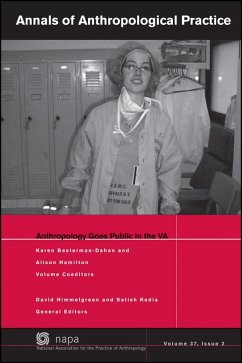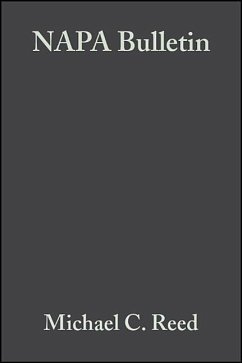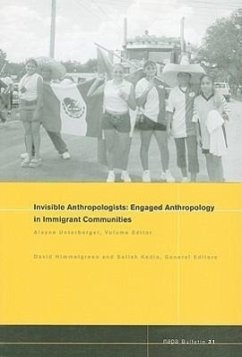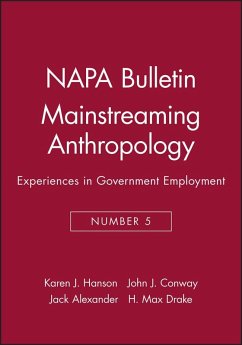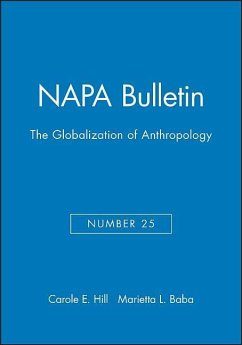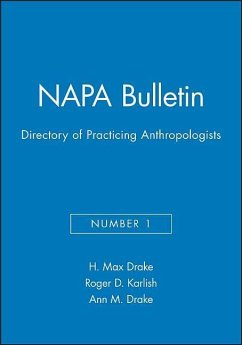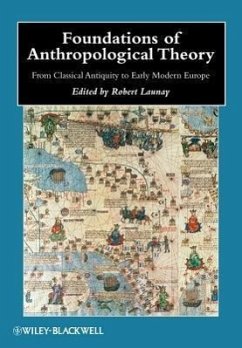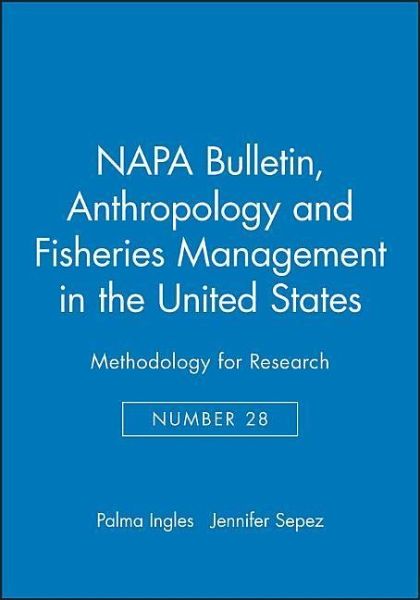
Anthropology and Fisheries Management in the United States
Methodology for Research
Herausgeber: Ingles, Palma; Sepez, Jennifer
Versandkostenfrei!
Versandfertig in über 4 Wochen
33,99 €
inkl. MwSt.

PAYBACK Punkte
17 °P sammeln!
Applied fisheries anthropology continues to grow while making substantial contributions to the understanding of fisheries management in the United States. It has become increasingly clear that fisheries can no longer be productively managed solely on the basis of biological and ecological criteria. Cultures and communities of all those who are involved in fisheries must be taken into account to manage the marine ecosystem in a sustainable manner. The 11 chapters in this anthology discuss various social science contributions dealing with federal and state efforts in managing fisheries. Using et...
Applied fisheries anthropology continues to grow while making substantial contributions to the understanding of fisheries management in the United States. It has become increasingly clear that fisheries can no longer be productively managed solely on the basis of biological and ecological criteria. Cultures and communities of all those who are involved in fisheries must be taken into account to manage the marine ecosystem in a sustainable manner. The 11 chapters in this anthology discuss various social science contributions dealing with federal and state efforts in managing fisheries. Using ethnographic examples from various parts of the United States, the volume presents a diverse set of research methods for studying fisheries, including traditional fieldwork, survey methodology, cultural modeling, participatory research, and quantitative indicators-based assessment. This compilation suggests that differences in methodology are due in part to the nature and location of the communities, time and funding allotted to each study, as well as the type of fisheries being studied.




